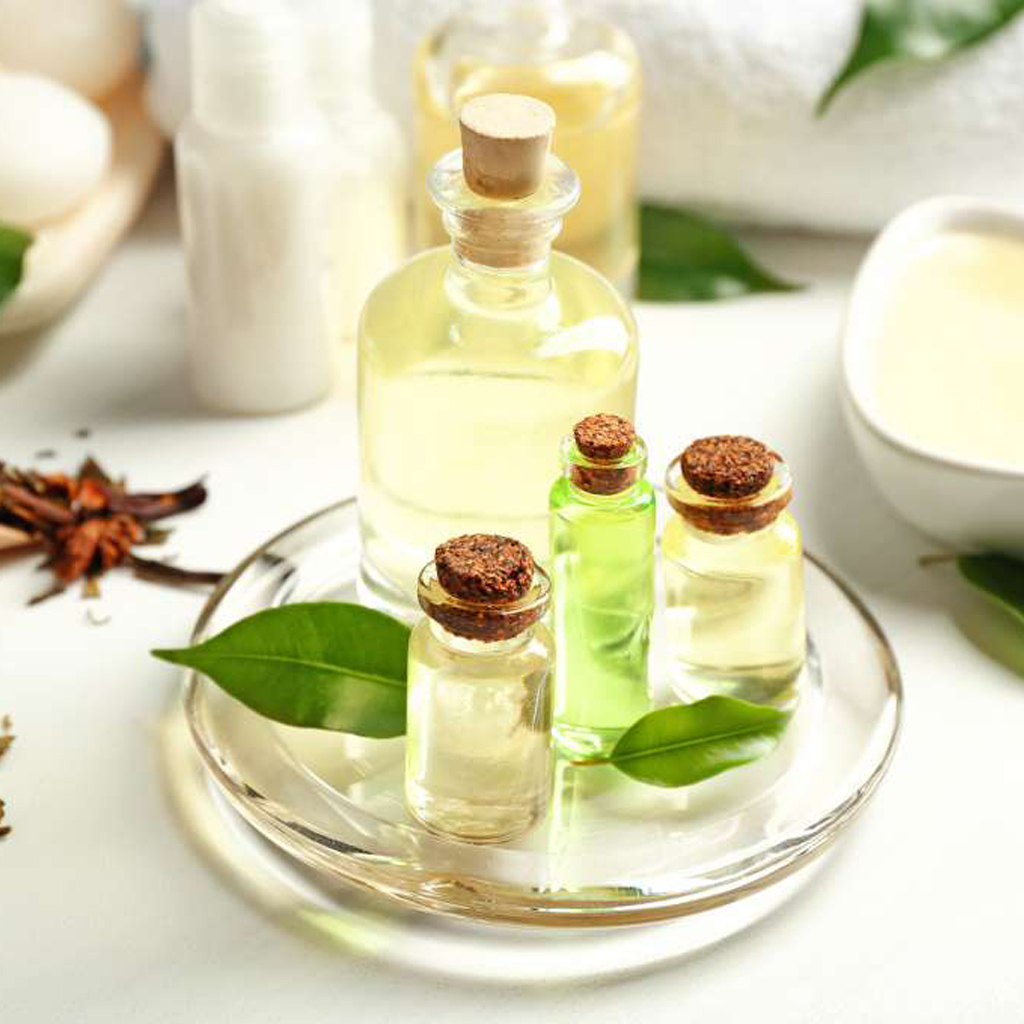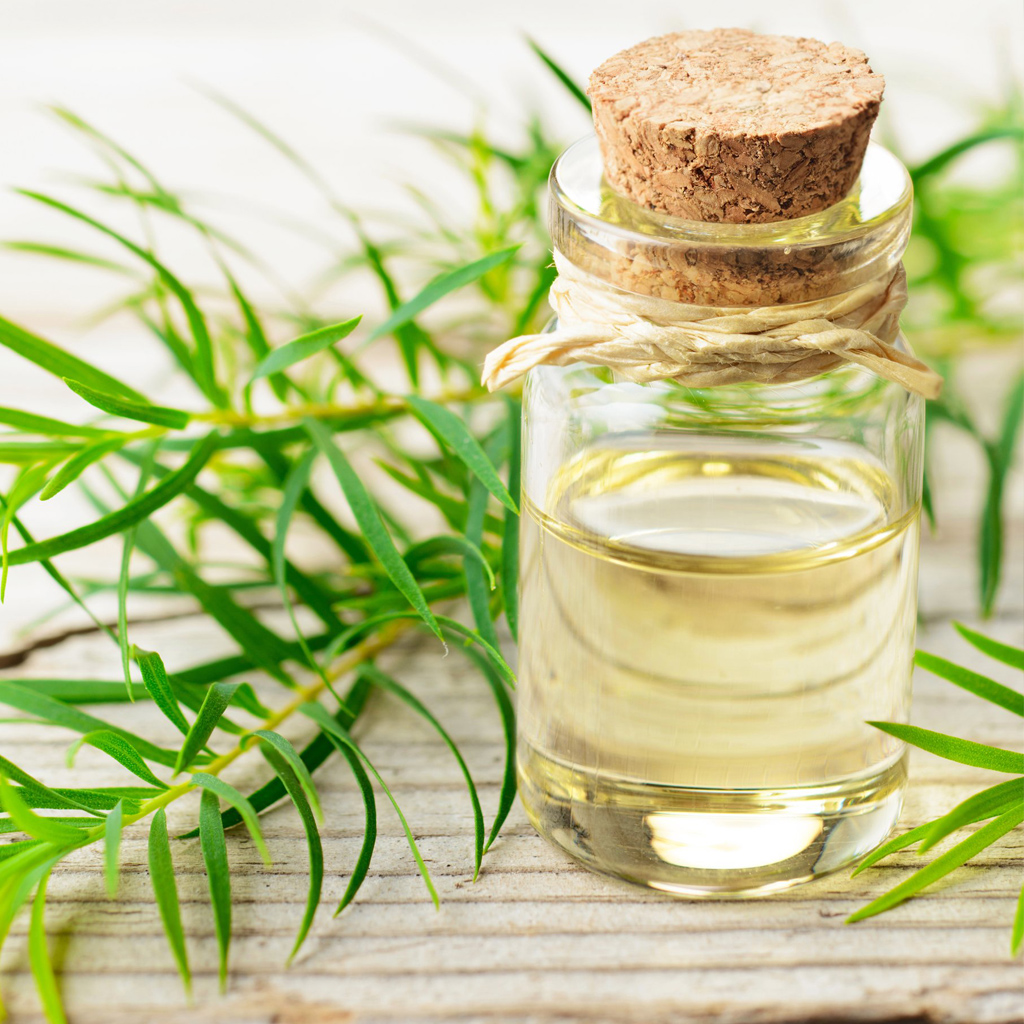Triethanol Amine
Triethanol Amine
Surface-active alkyl alkanolamine soaps, made primarily from oleic acid, are used in cleaning and scouring textiles. When combined with chlorinated solvents, these soaps become wetting agents. Soluble in water and in most hydrocarbon solvents, they lather well in hard water. Combined with natural oils, such as linseed, olive and castor oil, these soaps are utilized as textile lubricants, characterized by their excellent emulsifiability and ease of removal.
Triethanolamine (TEA) functions as an intermediate for adhesive chemicals.
Ethanolamines are used in herbicide formulations and as chemical intermediates for molluscide, fungicides and algaecide products.
Ethanolamines are used in heavy-duty liquid laundry detergents, providing a reserve alkalinity to the laundry bath, essential to efficient cleaning. The alkanolamines neutralize fatty acids present in oily soil components converting them to amine soaps and are effective soil anti-deposition agents.
Amines are used in many cement and concrete production applications, to enhance strength, reduce drying time and protect against the affects of freezing and thawing. Triethanolamine (TEA) is used as a component in the formulation of cement grinding media during the manufacture of cements.
Acidic additives and/or acidic decomposition products are the prime contributors to corrosion of metal surfaces, particularly in the presence of moisture. Dow Ethanolamines are often used as neutralizers of acid components in lubricants and are a time-tested means of preventing corrosion. In water-soluble and grinding fluids, ethanolamines are used to provide the alkalinity needed to protect against rusting (ferrous metals do not oxidize under alkaline conditions). Ethanolamines are also used as intermediates in the preparation of water-soluble lubricants, emulsifiers, proprietary corrosion inhibitors and biocides.
Triethanolamine (TEA) functions as an intermediate for chemicals used in the manufacture of rubber.
Triethanolamine (TEA) is used in “down hole” oil wells to prevent corrosion of drilling equipment.
Ethanolamines are used in heavy-duty liquid laundry detergents because they provide a unique combination of beneficial property and performance qualities. These ethanolamines impart a reserve alkalinity to the laundry bath, which is essential to efficient cleaning. The same ethanolamines are also effective soil anti-redeposition agents. They help to keep soil in the laundry bath from redeposing onto the fabric during the cleaning process.
Alkyl Alkanolamines and Ethanolamines react readily with long-chain fatty acids to form surface-active soaps. The products are waxy, noncrystalline materials which have widespread commercial importance as emulsifying additives in textile lubricants, polishes, detergents, pesticides and personal care products such as hand lotions, shaving creams and shampoos.
| Triethanolamine (TEA) are used as catalysts that promote stability during the reaction process in the manufacture of flexible, rigid, and urethane foams. |


